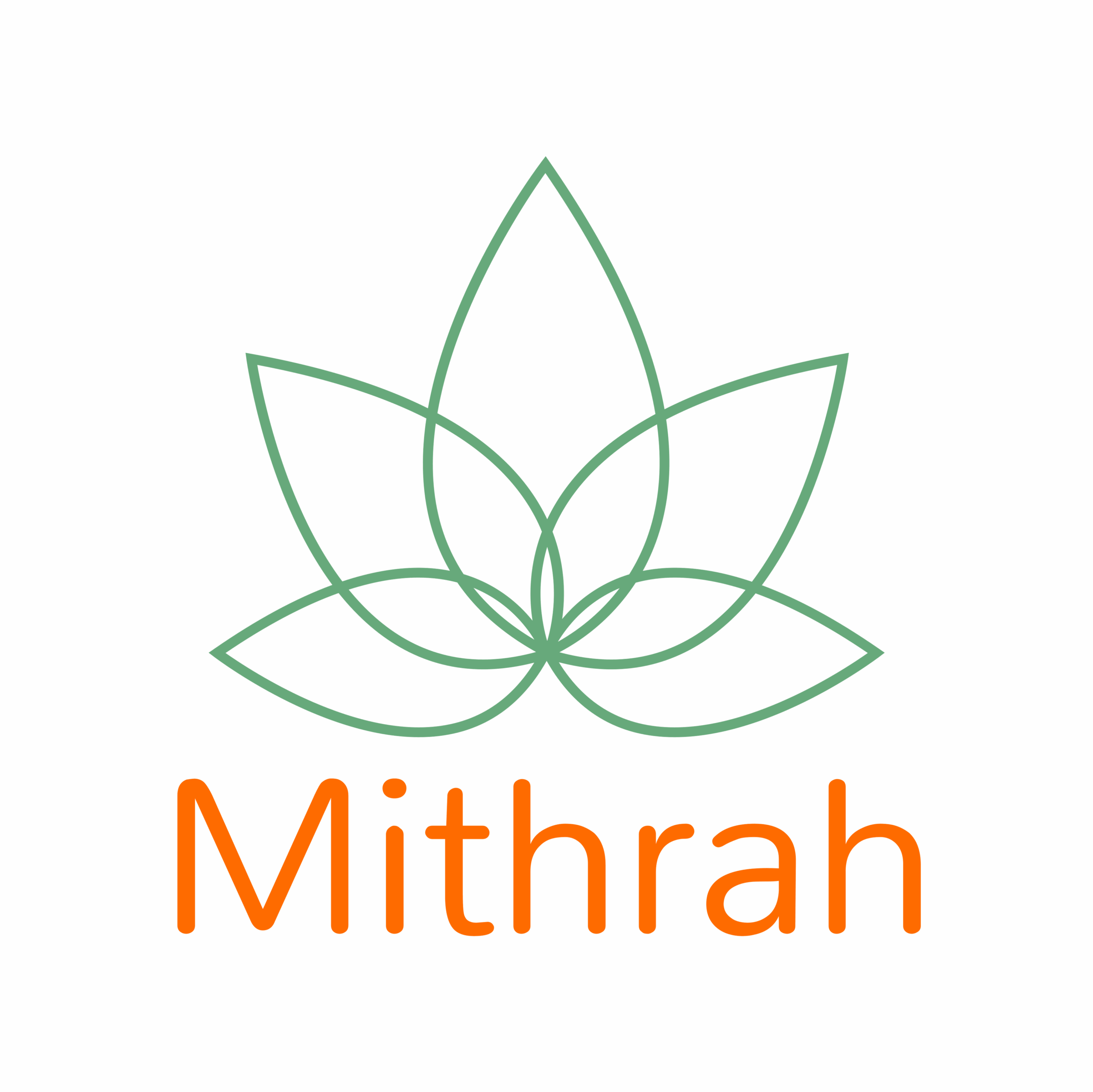Mithrah
Session Types at Mithrah
At Mithrah, we offer a variety of session formats to meet your needs. Each therapist may offer sessions in the way that best suits their style and your comfort.
💻 Telehealth – Video Call or Phone
Telehealth allows you to access therapy remotely, either through a video call or a telephone session. Originally expanded in 2020 during the COVID-19 pandemic, Telehealth has remained a convenient and secure option for many clients.
You can receive support, discuss concerns, and explore treatment options — all without needing to leave your home. This option is available with a wide range of providers, including general practitioners, mental health professionals, psychiatrists, and allied health therapists.
For more information, you can visit the Australian Government’s resources:
👉 What is Telehealth
👉 Medicare Telehealth Consumer Info
🧍 In-Person Therapy
This is the traditional face-to-face approach, where you meet with a therapist in a clinic or another safe, private space. Mithrah makes it easy to book with therapists who offer in-person sessions, helping you start your therapy without unnecessary delays.
💬 Chat or Email Therapy
Some clients prefer written communication over voice or video. If you feel more comfortable expressing yourself through messages or email, this can be arranged based on the therapist’s availability. Please note that not all therapists offer this format.
👥 Group Therapy
Group therapy brings together people who share similar challenges or goals, offering a supportive space to learn and grow.
Sessions are led by one or more qualified therapists and may be held online or in person. Group size typically ranges from five to fifteen people. Some meet weekly, others fortnightly or monthly — depending on the group’s focus.
Groups can support areas such as depression, anxiety, grief, anger management, social skills, and more. Many people find strength in sharing, connection, and hearing different perspectives. Group therapy is also often more cost-effective than individual sessions.
🧑🏫 Workshops
Our therapeutic workshops are ideal for those who want to develop new skills, tools, and insights to manage life’s challenges.
Whether online or in person, our workshops include expert facilitation, engaging presentations, group discussions, breakout activities, and practical takeaways. Where applicable, a certificate of completion is provided.
